|
The Centers for Disease Control and Prevention has updated its guidance to acknowledge that COVID-19 can be spread through tiny airborne particles, known as aerosols, even when people are more than six feet away. In the coming months, a large number of people across the world will spend more time indoors as their weather gets colder. Understanding how aerosols move through a room, particularly one with poor ventilation, is critical. Suresh Dhaniyala explains what needs to be known.
Meanwhile, the question of what to do about COVID-19 has divided many scientists. Journalists have been quick to pick up on this division, frequently writing about the rival camps in academia. Danny Dorling wants this combative rhetoric to end. We should “see opposing scientific views and opinions as a gift and an opportunity to be sceptical and learn,” he says. And, at the moment, no one can claim to have all the answers. So let’s keep the debate open and civil.
And in recent research:
|
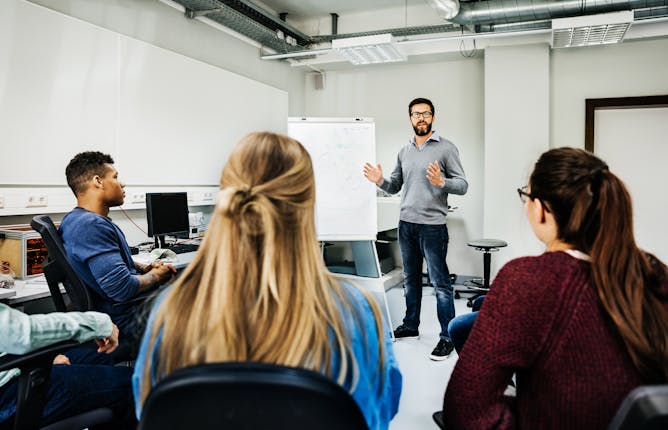
Classroom experiments show how the coronavirus can spread and who’s at greatest risk.
Tom Werner via Getty Images
Suresh Dhaniyala, Clarkson University
Experiments in college classrooms show how tiny respiratory droplets known as aerosols can spread, even with good ventilation. The risk isn't the same in every seat.
|
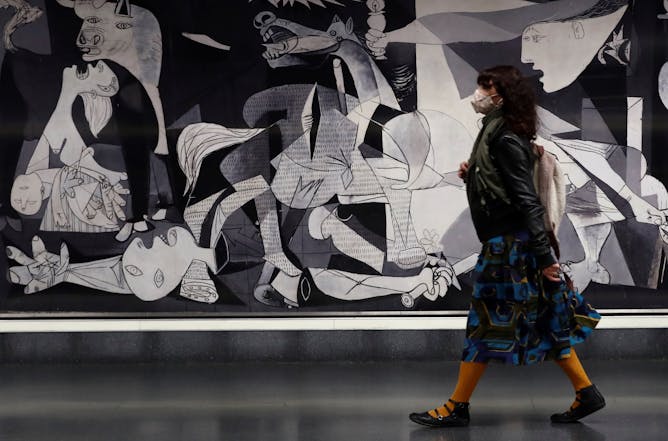
Mariscal/EPA
Danny Dorling, University of Oxford
Let's not shut the debate down.
|
Health + Medicine
|
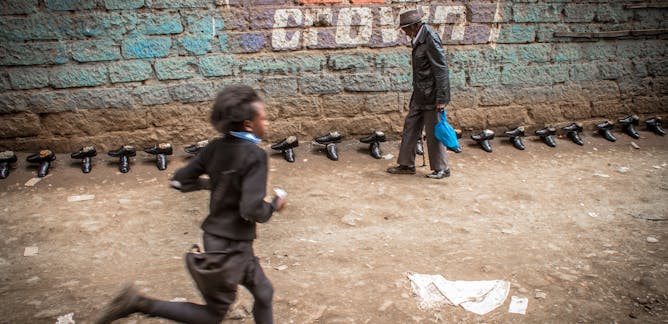
Razak M. Gyasi, African Population and Health Research Center
The higher pace of demographic ageing and the noncommunicable diseases that come with it call for new management approaches.
| |
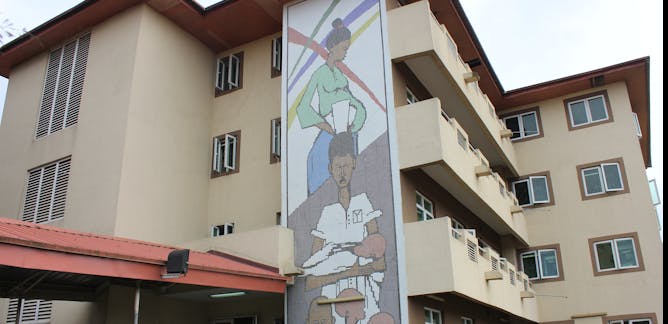
Aduragbemi Banke-Thomas, London School of Economics and Political Science
A new study explores the challenges that pregnant women in megacities such as Lagos face in emergency situations and how the options vary depending on their socioeconomic status.
|
|
|
Science + Technology
|
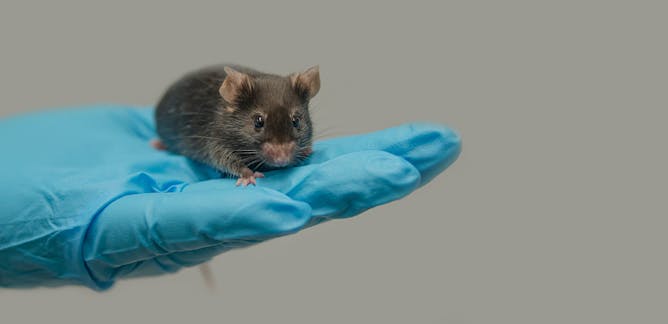
Peter Koopman, The University of Queensland
A new finding in mice rewrites the textbook explanation of the male sex-determining gene, Sry. It might also help us better understand how males and females come to be.
| |

Vincent DeLuca, University of Birmingham
Why the benefits of bilingualism aren't consistent.
|
|
|
Environment + Energy
|
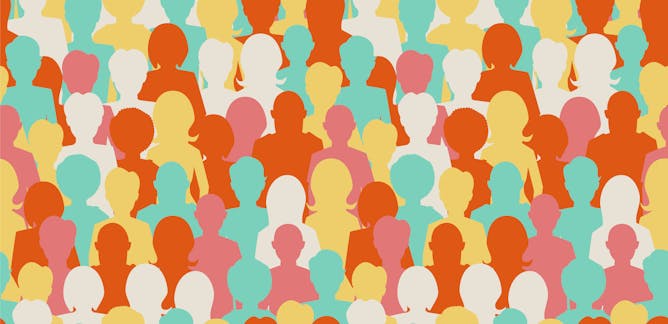
Joel Millward-Hopkins, University of Leeds
Flattening inequality between and within countries could allow everyone a good standard of living within a liveable climate.
| |
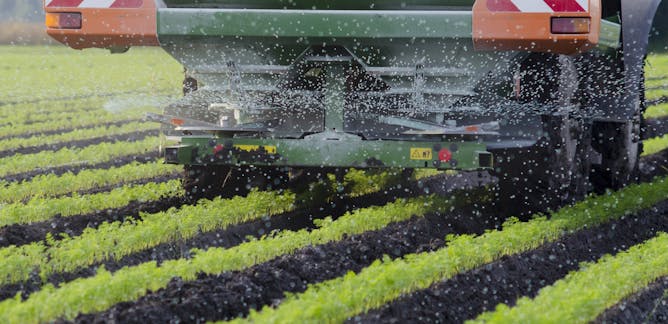
Pep Canadell, CSIRO; Eric Davidson, University of Maryland, Baltimore; Glen Peters, Center for International Climate and Environment Research - Oslo; Hanqin Tian, Auburn University; Michael Prather, University of California, Irvine; Paul Krummel, CSIRO; Rob Jackson, Stanford University; Rona Thompson, Norwegian Institute for Air Research; Wilfried Winiwarter, International Institute for Applied Systems Analysis (IIASA)
Agriculture is the dominant cause for the increasing N₂O concentrations. Emissions must be reduced if we hope to stabilise Earth's climate.
|
|
|
En Français
|
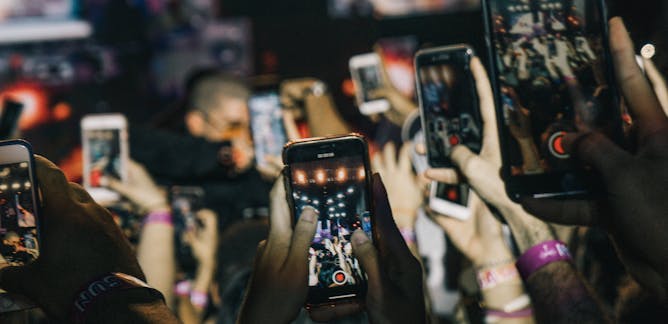
Delia Arnaud-Cormos, Université de Limoges; Philippe Leveque, Université de Limoges
Les ondes électromagnétiques auxquelles nous sommes exposées vont évoluer avec l’arrivée de la 5G. Le point sur ce que l’on sait des effets sur la santé.
| |
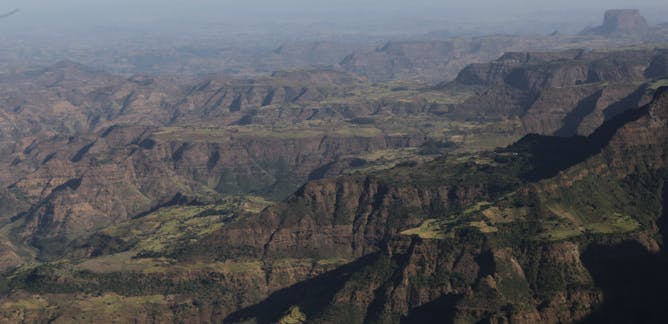
Guillaume Blanc, Université Bordeaux Montaigne
Au nom d’une vision fantasmée d’une Afrique sauvage et paradisiaque, les organisations internationales qui orientent la gestion des parcs naturels africains vident ceux-ci de leurs habitants humains.
|
|
|